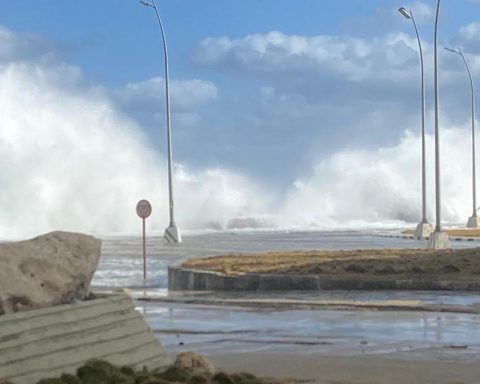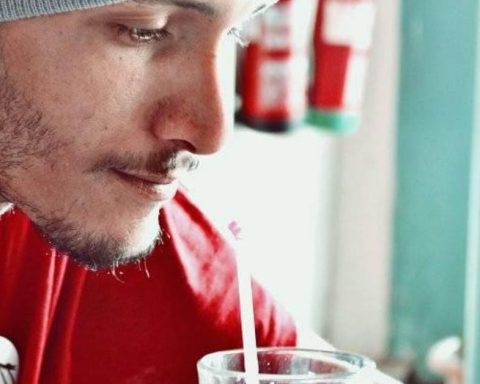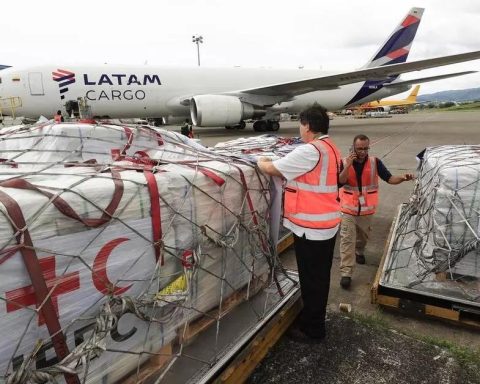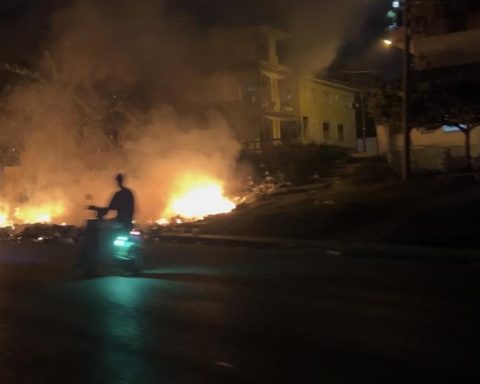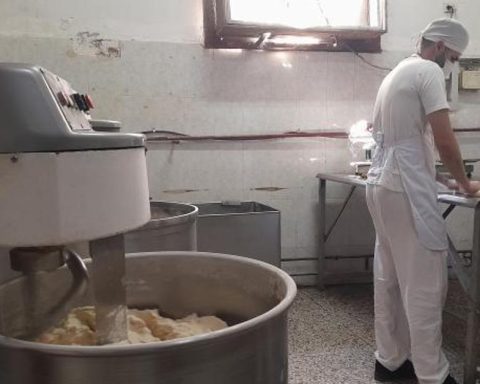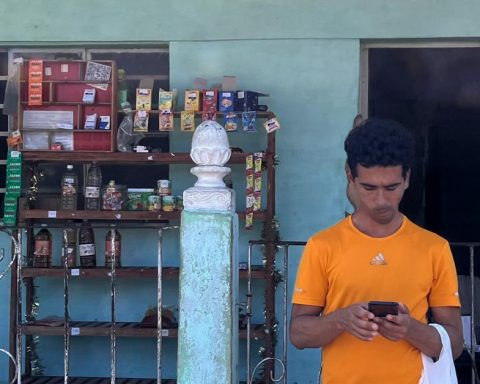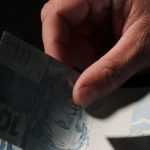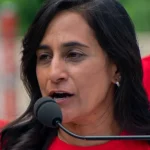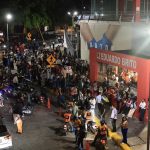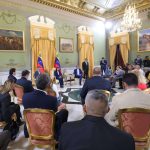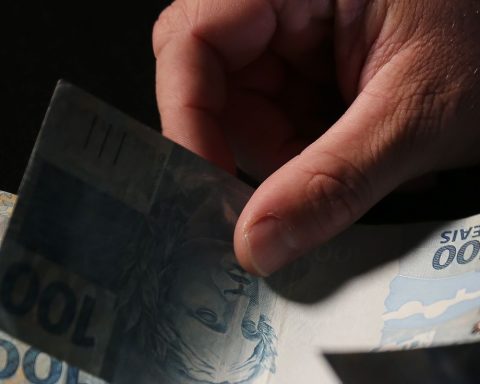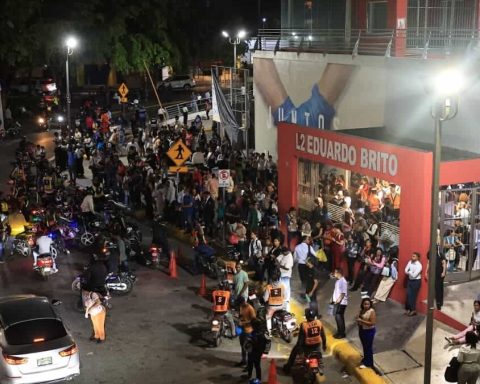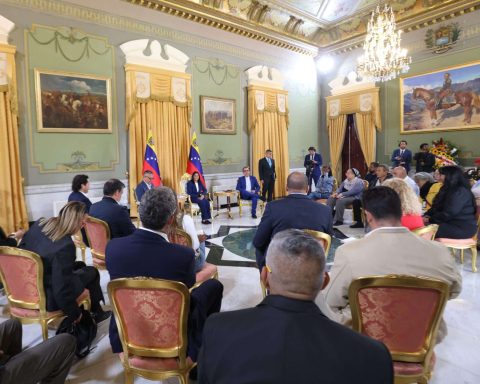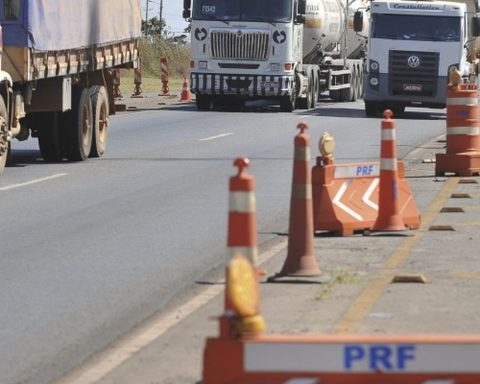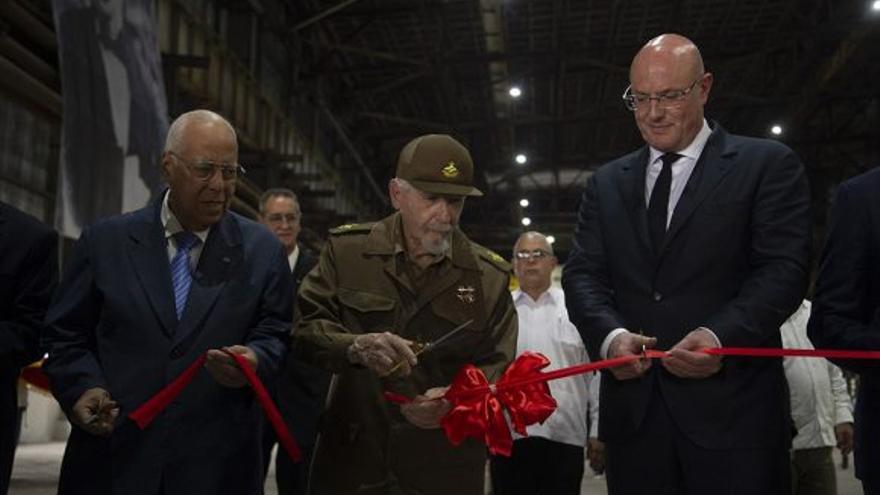
A huge portrait of José Martí watched over Russian Vice Prime Minister Dmitri Chernishenko and his Cuban counterpart Ramiro Valdés on Thursday as they cut the ribbon on the new steel company that bears his name and will replace the old Antillana de Acero. Russian technology replaces the Soviet one, without having solved the problem of the enormous energy consumption of this type of installation in a country that lives to the rhythm of blackouts.
The change seems opportune, because the location hardly remains of the Antilles. 90% of the equipment is Russian or carries technology from that country, which has invested more than 95 million dollars, according to the Sputnik agency, which does not hesitate to quote the amount in the US currency despite the fact that one of the major agreements signed yesterday between Havana and its new preferred partner is, Chernishenko said, “to move towards projects that provide for payment in rubles.” .
between his rain of giftsMoscow promised yesterday a contract for the supply of 14,500 lanterns that will illuminate the streets of Havana, but the atmosphere in the steel it was dim yesterday during the act despite the fact that a plant had to be celebrated which, according to the parties, will employ more than 500 people and produce between 220,000 and 230,000 tons of liquid steel per year. It has not been explained, however, where the energy necessary for a production like this will come from at a time when the closures of industries and companies have been constant due to the lack of fuel, leaving even the garbage uncollected.
The plant, according to the parties, will employ more than 500 people and produce between 220,000 and 230,000 tons of liquid steel per year
According to a study published in January 2020 by experts from the Higher Polytechnic Institute of Havana (Cujae), the high power demand of Antillana de Acero’s electric arc furnace “cannot be tolerated” by the National Electric System (SEN) and “it produces dangerous oscillations”, which forces the steel mill to “work in a staggered manner”.
“The modernization and expansion of the José Martí steel company [Antillana de Acero] It has been a priority initiative in the framework of bilateral cooperation (…) It is the first large-scale project that has been implemented in the Cuban steel industry in the last 25 years,” said the Russian deputy prime minister at the ceremony.
It was Vadin Nicolayevich, CEO of LLC Industrial Engineering (the Russian part of the company) who recalled that the steelmaker actually already has the country in its DNA. “It was a challenge, because the Antilles was profoundly modernized by the Soviet Union between the years 1960 and 1990, but many of these companies no longer exist or had lost their skills. This made us rethink ourselves and achieve modern equipment with high technology to revive lost skills and manufacture equipment with a high level of quality”, he explained to the media.
In his calculations, the volume of material supplied by Russia reaches 9,000 tons.
The steel mill is one more part, although the fundamental one, of the entire steel company. Reinier Guillén Otero, director of Antillana de Acero, explained that repairs have been made to the treatment plant, the cargo warehouse, the electric arc furnace, the ladle furnace, the continuous casting machine, and the finished product warehouse, as well as all the electrical part, all the hydraulic part, all the automatic part, and the treatment of the water received by the Electric Steelworks. All this from a Russian credit that was announced in 2017 and that had an initial amount of 111 million.
More than 20 Russian companies have participated in the process, added Nicolayevich, which amounts to 60 if those involved in the entire production chain are counted.
More than 20 Russian companies have participated in the process, added Nicolayevich, which amounts to 60 if those involved in the entire production chain are counted.
In any case, the plant will not be fully operational until 2024, according to the Cuban Minister of Industry, Eloy Álvarez Martínez, who signed the agreement that gives continuity to the project.
The steel mill will produce carbon steel billets, which “are used to roll and obtain corrugated bars, popularly known as rebars,” explained Omar Ramón Reyes Ricardo, director of UEB Acería Eléctrica. The manager added that in April the machinery for the testing process and error correction was launched.
“We will begin the production of steel billets and with this we will be able to achieve important economic impacts for the company and the country, in addition to substituting imports,” said Álvarez Martínez with satisfaction.
Chernishenko did not hesitate to resort to the symbolism of the project, which gives continuity to the cooperation of the Soviet era. “Today is a very important day,” he summarized in his speech, where he recalled the 25,000 tons of wheat sent to the island, announced the lanterns for the capital, and advanced the participation of a Cuban team in a new Russian invention: the games of the future. .
The event will take place between February 23 and March 2, 2024 in Kazan and will feature “16 hybrid disciplines”, which will combine cyber sports and classic sports, video game tournaments, virtual and augmented reality, and traditional matches on the same platform. soccer, basketball, hockey and mixed martial arts.
The exotic tournament was announced in April by Vladimir Putin, who said that “a modern person, a person of the future, is a harmonious person, developed both physically and intellectually,” adding that these games, in which 2,000 athletes will participate out of about 100 countries “shall reveal this truth in its entirety.
Chernishenko did not hesitate to resort to the symbolism of the project, which gives continuity to the cooperation of the Soviet era. “Today is a very important day,” he summarized in his speech, where he recalled the 25,000 tons of wheat sent to the island, announced the lanterns for the capital, and advanced the participation of a Cuban team in a new Russian invention: the games of the future.
Cuban participation materialized during the signing of a sports agreement between the two countries and which also includes the presence of athletes from the Island at the International University Sports Festival and the “Goodwill Cup”, in addition to other sports competitions.
Before concluding Chernishenko’s visit this Friday, a meeting with Miguel Díaz-Canel is scheduled, that yesterday was still immersed during his tour of the Island to supervise the (poor) agricultural production and gave an interview to the official media to talk about the “ability to face adversity” of the Cuban people, to whom he announced improvements for September without explaining what signs was based to say it.
Before the Russian delegation leaves the island, new agreements could still be announced in this incessant daily trickle that proves right those who predicted a transfer of Cuban sovereignty to the Russian regime, which has almost completely lost the European market due to the sanctions after the invasion of Ukraine and looking for new partners in Latin America and Africa.
________________________
Collaborate with our work:
The team of 14ymedio He is committed to doing serious journalism that reflects the reality of deep Cuba. Thank you for accompanying us on this long road. We invite you to continue supporting us, but this time becoming a member of our newspaper. Together we can continue transforming journalism in Cuba.
